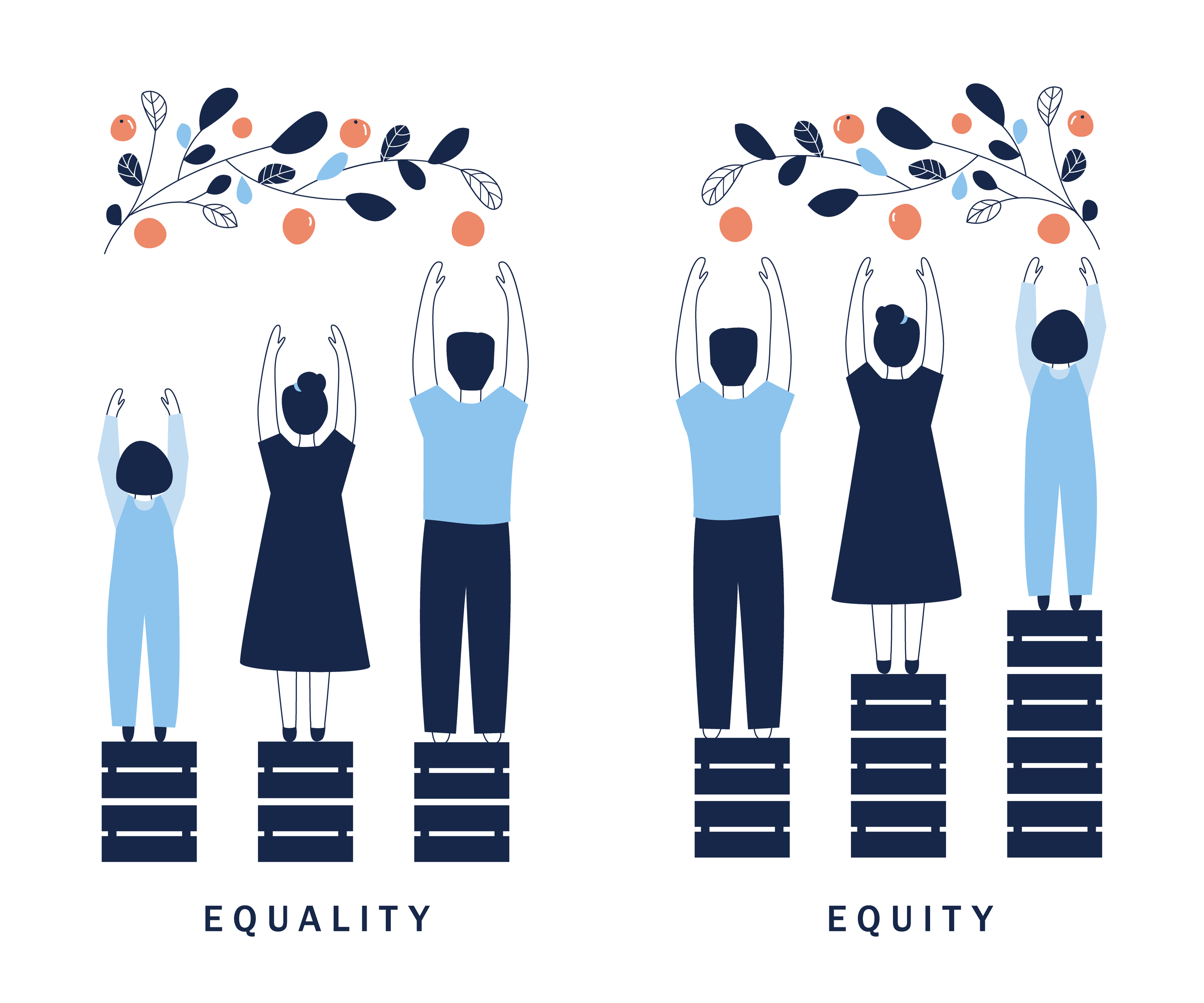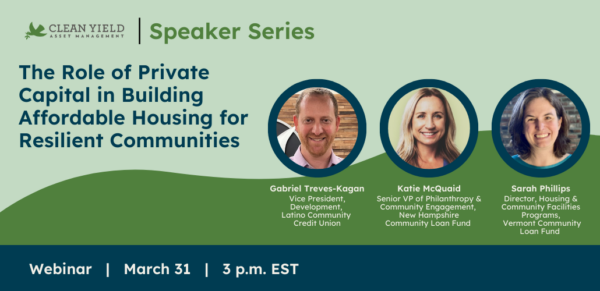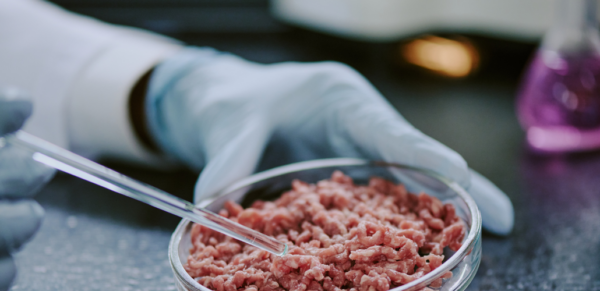Reflections on Exploring Reparations

Earlier this year, Clean Yield and CQ Strategies hosted a workshop for our clients called Exploring Reparations. It was a three-session series aimed at learning about reparations and considering what reparations might look like for us as individuals and for Clean Yield as a company. We learned about the five categories of reparations (restitution, compensation, rehabilitation, satisfaction, and guarantee of non-repetition) and delved into examples of how reparations are happening right now – such as in Evanston, Illinois and Asheville, North Carolina. We looked at the history of reparations in the U.S. and discussed reparations to both Black people and to indigenous peoples. We considered where there may be opportunities to make reparations in our own communities. We are still early in our process but have begun to organize our thoughts. We offer them here, humbly, with the hope that others will consider stepping into this important work.
It’s not just about the money.
To be sure, compensation to those harmed is essential, but it is not the only thing. Reparations should also include an acknowledgement of the harm done, an apology, and a commitment to never let it happen again.
But the money is important.
The racial wealth gap is massive and needs to be closed. From 1619 through years of redlining to the recent inequities in the distribution of last year’s PPP loans, Black people have been harmed by and excluded from the financial system at nearly every turn. The result is the racial wealth gap. We believe that the best hope for rectifying the racial wealth gap is a federal reparations program, but we don’t think that it is the only thing.
Reparations can be out there and right here.
We know that many people believe that federal reparations to Black people must be the priority – that it is the only way to truly change the system and meaningfully repair the harm that has been done. Clean Yield wants to see federal reparations to Black people for the institution of slavery and years of racist policies. We also feel strongly that we can’t just advocate (and wait) for federal reparations to be implemented. While that process takes place, we need to explore the possibility of reparations in our own communities. Reparations locally will look different than those at the federal level, but they are still important. We need small change and big systemic change, because the wounds are simply too big and deep to overlook any of it. And it is too easy to put responsibility at the feet of politicians. We all have a role to play in righting these wrongs.
What might local reparations look like, and can we even call them reparations?
We’re just beginning our work on this difficult question. In this NPR story, there are examples of transfers of wealth happening between individuals right here in Vermont. The story brings up thorny questions about whether this activity can be called reparations or whether it is a form of philanthropy. We also wonder what opportunities there may be to have a more systemic impact here in Vermont. Right now, we’re listening and learning and looking for opportunities to collaborate.
Then what?
We’re in the process of figuring out if and how we can make reparations, but we acknowledge that it is not a one-and-done kind of thing. In the same way that being antiracist is something we will be working at for life, we are beginning to think that reparations are something that will be part of the work too. We’ve been thinking about integrated capital and the potential to build reparations into financial plans. For example, in the same way we plan to pay taxes or make charitable contributions each year, perhaps we should plan to pay reparations each year.
Real talk
We recognize that a little firm in Vermont making and encouraging reparations will not fix the crisis of racism in our country or even our community. So why are we spending all of this time, energy, and money on reparations? Because we believe in being part of the solution. We also want to open the door for others – clients, friends, competitors, community members – to join us. We believe that by talking about this work, we are building on-ramps for others to participate. The more of us who step into the work of antiracism and commit to reparations, the more of a difference we can make. And that matters.
More News & Insights
Upcoming Speaker Series: The Role of Private Capital in Building Affordable Housing for Resilient Communities
We invite you to join us on March 31 at 3 p.m. ET to participate in this critical conversation on affordable housing.
Proxy Voting: A Critical Tool for Individuals and Investors to Influence Corporate Behavior
Learn how proxy voting gives equity (stock) investors a powerful tool to pressure corporations to act more responsibly.
A New Kind of Meat
Through Clean Yield’s U.S. Sustainable Investment Forum membership, Liz Levy attended a meeting to gain insights on the emerging cultivated meat industry.


